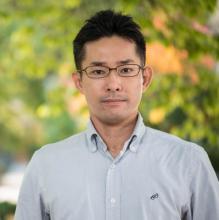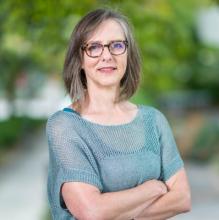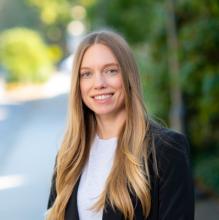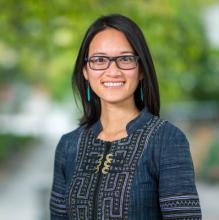Anjum, Khadija
Being a Public Scholar means elevating the significance of my research to audiences beyond the academy. This includes those who are worst affected by growing food insecurity challenges as well as policy-makers who are in a position to address these challenges.
Research Description
Recent increases in food prices of staple crops are of particular concern for the food security of low income groups in developing countries, including those in South Asia. Women are the worst impacted by such food price vulnerabilities. Policies addressing food insecurity in developing countries do not reach the most deserving families due to poor targeting. My research addresses the policy implications of the lapses in the current response to growing food insecurities and associated coping strategies.
What does being a Public Scholar mean to you?
Being a Public Scholar means elevating the significance of my research to audiences beyond the academy. This includes those who are worst affected by growing food insecurity challenges as well as policy-makers who are in a position to address these challenges.
In what ways do you think the PhD experience can be re-imagined with the Public Scholars Initiative?
The Public Scholars Initiative is an excellent platform for all PhD students those who perceive their graduate journey as having significance beyond the academy. This includes forming partnerships with broader non-academic audiences who are more closely impacted by the various policy concerns of interest to PhD students.
How do you envision connecting your PhD work with broader career possibilities?
My PhD training has paved opportunities for collaborations at the community level as well as the policy sphere. I hope to retain these linkages as I step into my professional career in development research, where broader community networks are increasingly significant.
How does your research engage with the larger community and social partners?
A large part of my research has been based on interaction with those who have been worst hit by the recent food price hikes. My work has also been facilitated by the Punjab Economic Research Institute (PERI), which is a key public sector institution engaged in policy research in Pakistan.
Why did you decide to pursue a graduate degree?
My workplace interactions with principal investigators from leading policy think tanks made me realize that conducting and leading research at the highest level requires PhD training.
Why did you choose to come to British Columbia and study at UBC?
I chose UBC because of the wide diversity of Schools and Departments at the UBC was highly attractive for a student of community and regional planning like myself, since planning is essentially a multi-disciplinary field benefiting greatly from specialized knowledge in other disciplines.



